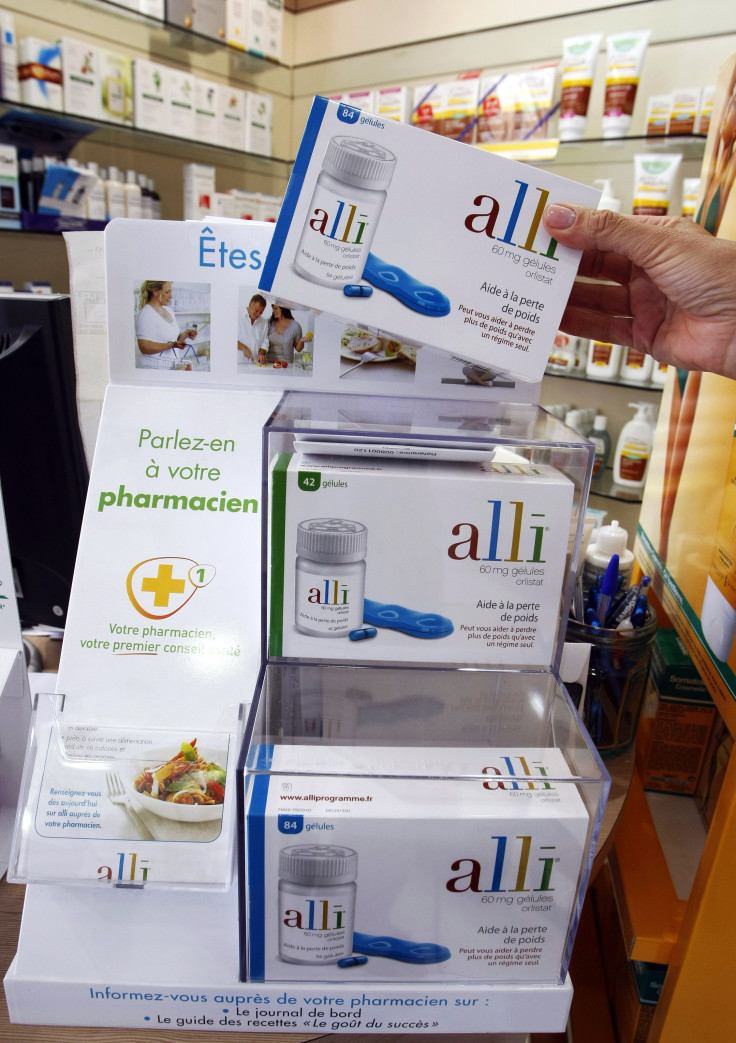Popular Weight Loss Aid May Cause Fatal ‘Liver Toxicity’, Inhibit Cancer Drugs

Popular weight loss aid Alli has been available over the counter since 2009. Taken three times a day for 12 weeks, users are told that they may lose as much to 10 percent of their body fat. Since its availability, 12 million people have used it; in the United Kingdom, the drug earned £1 million in sales in the first day alone. However, the slim down aid may have a dark side. According to a study recently published in Biochemical Pharmacology, the drug may cause toxicity of the liver, inhibit the efficacy of cancer drugs, and - in at least one case - death.
According to drug's website, Alli works by keeping up to 25 percent of the fat that consumers eat from being absorbed in the gastrointestinal system. That means that dieters can lose up to 50 percent more weight than they could by just watching what they eat. Bingfang Yan and his colleagues say that orlistat, the active ingredient in Alli, was long thought not to be absorbed by the body. However, they say that their research has shown that is not the case.
Yan and his colleagues say that Alli works by inhibiting an enzyme called carboxylesterase- 2. This enzyme provides detoxification in the liver, kidney, and gastrointestinal track. The researchers say that this enzyme can prompt toxicity in these organs or alter the efficacy of the drugs, which they say has been happening increasingly since the drug has been sold over the counter.
Alli does come with a load of side effects which range from mild to severe, like fatigue, headaches, depression, stomach problems, hepatitis and other liver problems.
But GlaxoSmithCline, the pharmaceutical manufacturer behind the drug, dismisses the charges. The organization says that the drug has been found safe by many government bodies and that the research conducted by Yan and his team was only performed on animal models, not humans.
The European Medicines Agency does want to look into the safety of the drug, which has been suspected to link to four liver toxicity cases, one of which was fatal. These cases make up a tiny portion of users, however.



























